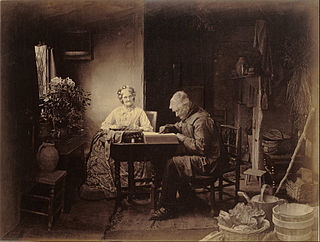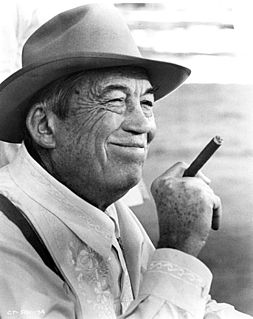A Quote by Thomas Merton
The true contemplative is one who has discovered the art of finding leisure even in the midst of his work, by working with such a spirit of detachment and recollection that even his work is a prayer
Quote Topics
Related Quotes
The Prophet introduced a system of prayer in that it was interwoven into man's daily work: a prayer in the morning when he arose from his bed; a prayer at lunch time, as an indication that if his body needed a diet, so did his spirit; a prayer in the afternoon when he retired from his daily work; a prayer at sunset and a prayer when going to bed.
It is obvious that Paul did not regard prayer as supplemental, but as fundamental-not something to be added to his work but the very matrix out of which his work was born. He was a man of action because he was a man of prayer. It was probably his prayer even more than his preaching that produced the kind of leaders we meet in his letters.
The master in the art of living makes little distinction between his work and his play, his labor and his leisure, his mind and his body, his information and his recreation, his love and his religion. He hardly knows which is which. He simply pursues his vision of excellence at whatever he does, leaving others to decide whether he is working or playing. To him he's always doing both.
But they all stood beneath the cross, enemies and believers, doubters and cowards, revilers and devoted followers. His prayer, in that hour, and his forgiveness, was meant for them all, and for all their sins. The mercy and love of God are at work even in the midst of his enemies. It is the same Jesus Christ, who of his grace calls us to follow him, and whose grace saves the murderer who mocks him on the cross in his last hour.
The poet needs a ground in popular tradition on which he may work, and which, again, may restrain his art within the due temperance. It holds him to the people, supplies a foundation for his edifice; and, in furnishing so much work done to his hand, leaves him at leisure, and in full strength for the audacities of his imagination.
Strange is the vigour in a brave man's soul. The strength of his spirit and his irresistible power, the greatness of his heart and the height of his condition, his mighty confidence and contempt of danger, his true security and repose in himself, his liberty to dare and do what he pleaseth, his alacrity in the midst of fears, his invincible temper, are advantages which make him master of fortune.
Clearly the hardest thing for the working artist is to create his own conception and follow it, unafraid of the strictures it imposes, however rigid these may be... I see it as the clearest evidence of genius when an artist follows his conception, his idea, his principle, so unswervingly that he has this truth of his constantly in his control, never letting go of it even for the sake of his own enjoyment of his work.
The task of art is to take hold of the shining, the radiance, the manifestation, of that which as spirit weaves and lives throughout the world. All genuine art seeks the spirit. Even when art wishes to represent the ugly, the disagreeable, it is concerned, not with the sensory - disagreeable as such, but with the spiritual which proclaims its nature in the midst of unpleasantness. If the spiritual shines through the ugly, even the ugly becomes beautiful. In art it is upon a relation to the spiritual that beauty depends.


































